There are a number of questions patients ask Orthopedic Doctor. Many of these questions are common, and there are answers that can be found easily. In order to help you and your patients, we have compiled a list of frequently asked questions and their answers.
Q: What is orthopedics?
The specialty of orthopedics is concerned with the diagnosis, treatment, and prevention of injuries and diseases relating to the musculoskeletal system, which encompasses the bones, joints, muscles, tendons, ligaments, and other structures of the musculoskeletal system.
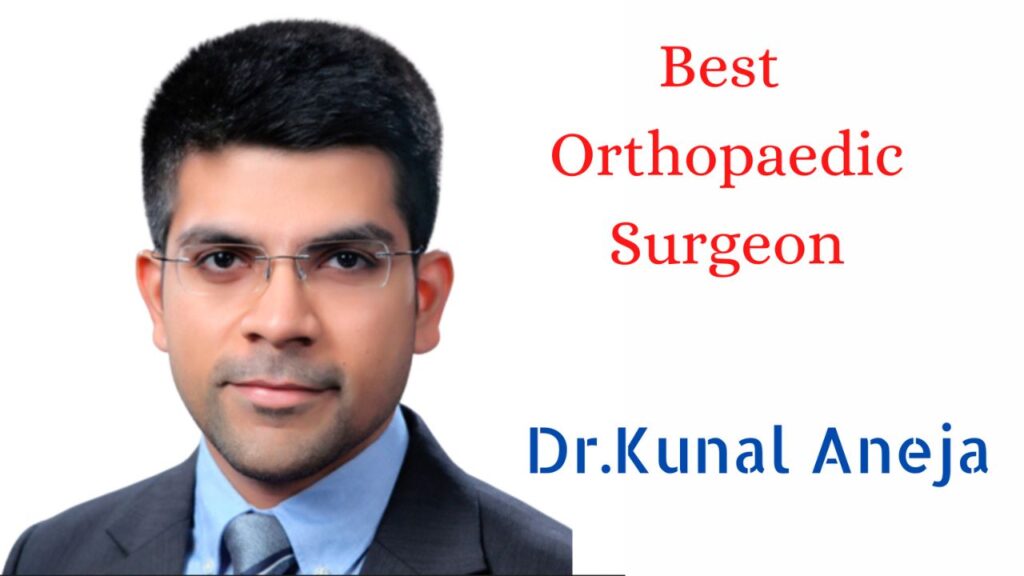
Q: What kind of conditions do orthopedic doctors treat?
Among the many conditions that orthopedic doctors treat, there are fractures, sprains, strains, osteoarthritis, rheumatoid arthritis, tendonitis, bursitis, carpal tunnel syndrome, and herniated discs to name a few.
Q: How do I know if I need an orthopedic doctor?
A physician specializing in orthopedics should be consulted if you suffer from pain or stiffness in your joints, muscles, or bones. It is also important to consult with an orthopedic doctor if you have recently sustained an injury, have a chronic condition that is getting worse, or have difficulty with everyday tasks such as walking, standing, or lifting.
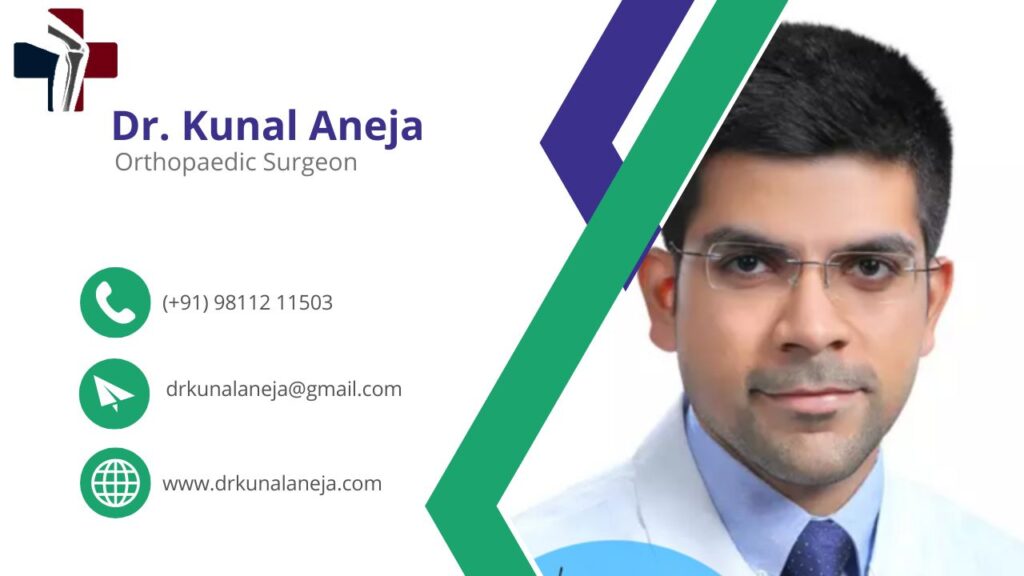
Q: What should I expect during my first orthopedic visit?
If you are going to your orthopedic doctor for the very first time, you should expect to be asked a number of questions about your symptoms, medical history, and any medications that you are taking. Your orthopedic doctor may also perform a physical examination and possibly order imaging tests such as X-rays, MRIs, or CT scans.
Q: What kind of treatments do orthopedic doctors provide?
Among the many treatments that orthopedic professionals provide, there are medications, physical therapy, braces, casts, and surgery, as well as a range of other treatments. The treatment plan will depend on the type of injury or disease, as well as its severity.

Q: How long does it take to recover from orthopedic surgery?
It will vary according to the type of surgery and the patient who underwent it. In addition to providing you with a detailed recovery plan and instructions for post-surgery care, your orthopedic doctor may also provide you with a detailed recovery plan. If you choose to undergo a surgery, your recovery plan will vary from a few weeks to several months.
Q: Can I prevent orthopedic injuries and conditions?
Your chances of sustaining orthopedic injuries and conditions can be reduced by taking a number of steps. Maintaining a healthy weight, getting regular exercise, using proper form when lifting heavy objects, wearing protective gear when participating in sports or other activities can help you avoid repetitive motions that can strain your muscles and joints.

Q: How often should I see my orthopedic doctor?
You will need to see your orthopedic doctor on a regular basis depending on your condition and treatment plan. Some patients may need to see their orthopedist several times a week, while others may only need to see him once or twice a year.
Q: What is the difference between a sprain and a strain?
There are two types of sprains, one type being an injury to the ligament, which is the tissue that connects bones together, and the other being an injury to the muscle or tendon, which is the tissue that connects muscles to bones. Both can cause pain, swelling, and a limited range of motion.
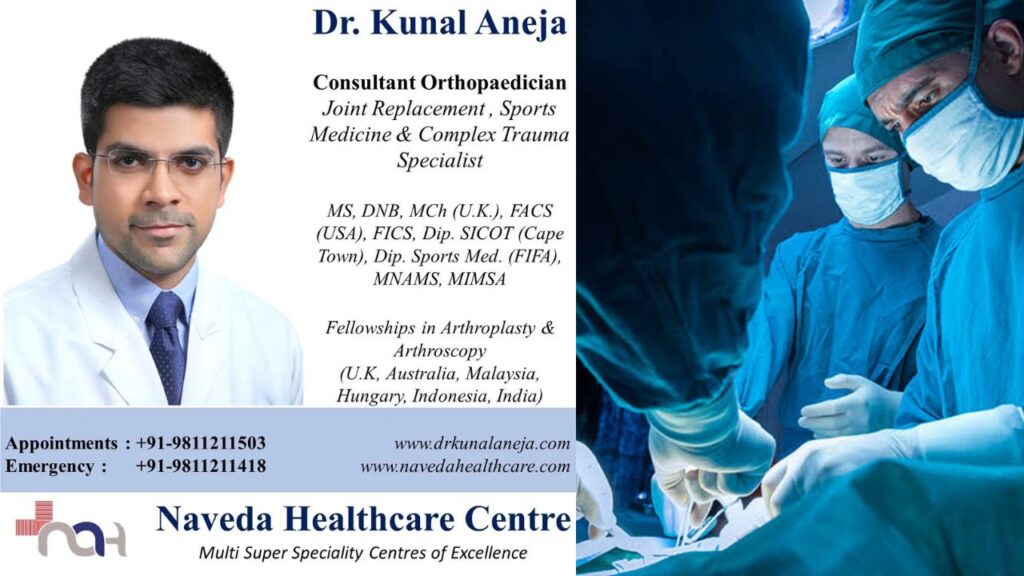
Q: What is the most common type of orthopedic injury?
One of the most common types of orthopedic injuries is a fracture, which is a broken bone. Fractures can occur as a result of a variety of factors, such as falls, sports injuries, or car accidents, among others.
Q: How can I manage chronic pain caused by an orthopedic condition?
Chronic pain caused by orthopedic conditions can be managed in several ways. There are several methods of reducing pain, including taking pain medicines prescribed by your doctor, participating in physical therapy, using heat or ice therapy, and practising relaxation techniques that include meditation and deep breathing.
Q: What is arthroscopy?
An arthroscopy is a minimally invasive surgical procedure that employs a small camera using a small, flexible tube called an arthroscope to allow doctors to see inside a joint. This procedure is commonly used to diagnose and treat conditions as diverse as torn ligaments, damaged cartilage, and arthritis.
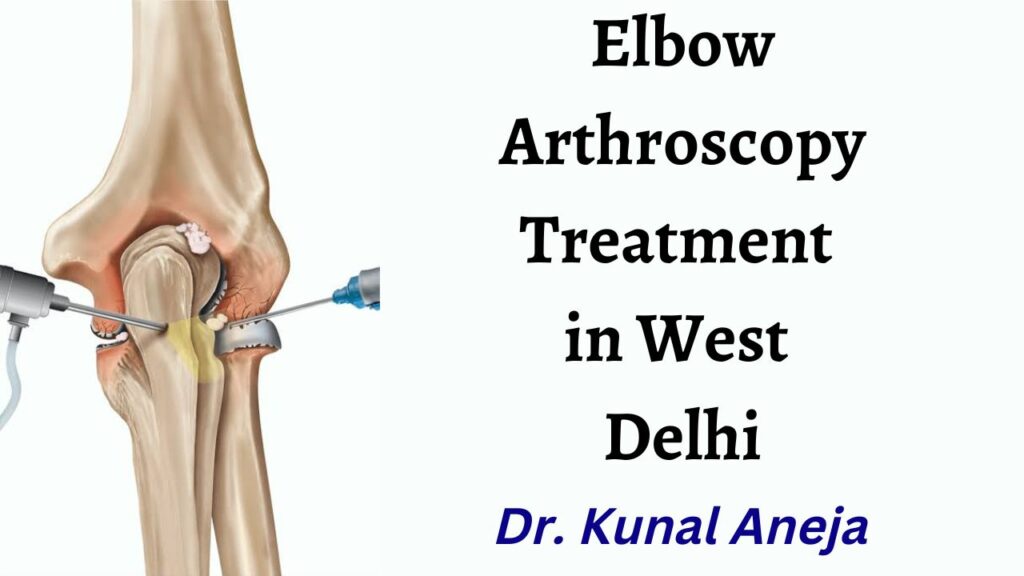
Q: How can I prevent sports-related orthopedic injuries?
You should warm up before you exercise or play sports in order to prevent sports-related orthopedic injuries. You should also use proper technique and form, wear appropriate protective gear, and increase the intensity of your workouts gradually in order to avoid sports-related orthopedic injuries. In addition to listening to your body, it is equally important to stop exercising if you experience any pain or discomfort.
Q: How long does it take to recover from a sprain or strain?
As far as a sprain and strain are concerned, the healing process will vary depending on the severity of the injury. A mild sprain or strain may only require a few days or weeks to heal, while a more severe injury may require a few weeks or months to heal. In addition to providing you with a detailed recovery plan, your orthopedic doctor will also provide you with instructions on how to care for your injured body.
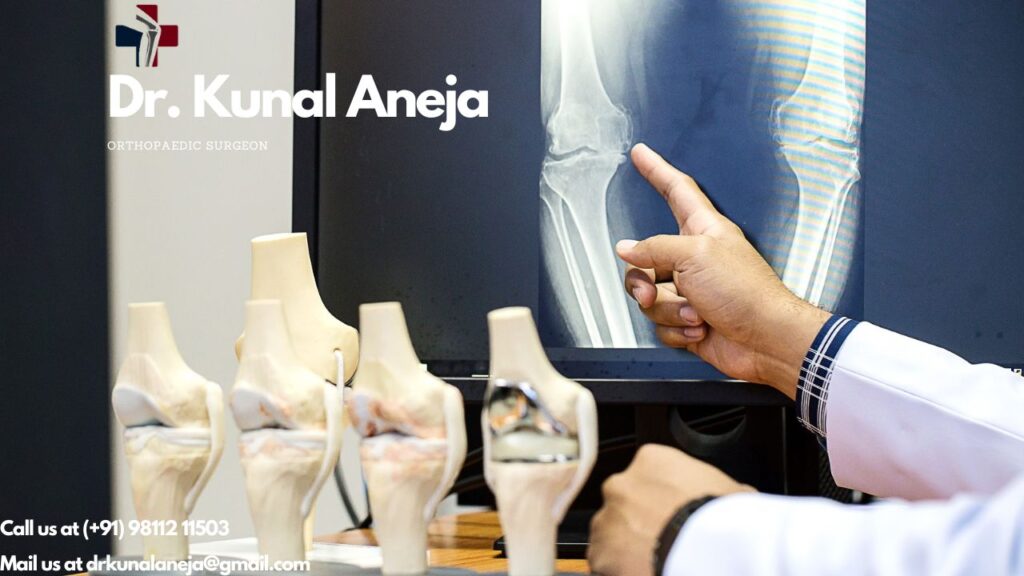
Q: Can I still exercise with an orthopedic condition?
If you have an orthopedic condition, it is usually possible to continue exercising. It is important to listen to your body when you are exercising, and to stop exercising if you experience pain or discomfort during your workout routine. Your orthopedic doctor can advise you on which types of exercise are safe for you, and may recommend modifications to your workout routine.
Q. Who is the best orthopedic Doctor in delhi?
Dr. Kunal Aneja is an orthopedic surgeon who is highly experienced and well-respected in the Delhi city. With years of experience, Dr. Aneja has earned a reputation as one of the best orthopedic doctors in the city. He is known for his compassionate care and patient-centered approach, giving his patients the personalized attention they need and listening to them. It is Dr. Kunal Aneja specialty to diagnose and treat a wide range of orthopedic conditions, including fractures, sprains, strains, arthritis, and sports injuries. In addition to helping countless patients to relieve their pain, he has restored their mobility and quality of life through his expertise and dedication. If you want to find an orthopedic doctor in Delhi who is experienced and dedicated, you should contact Dr. Kunal Aneja.
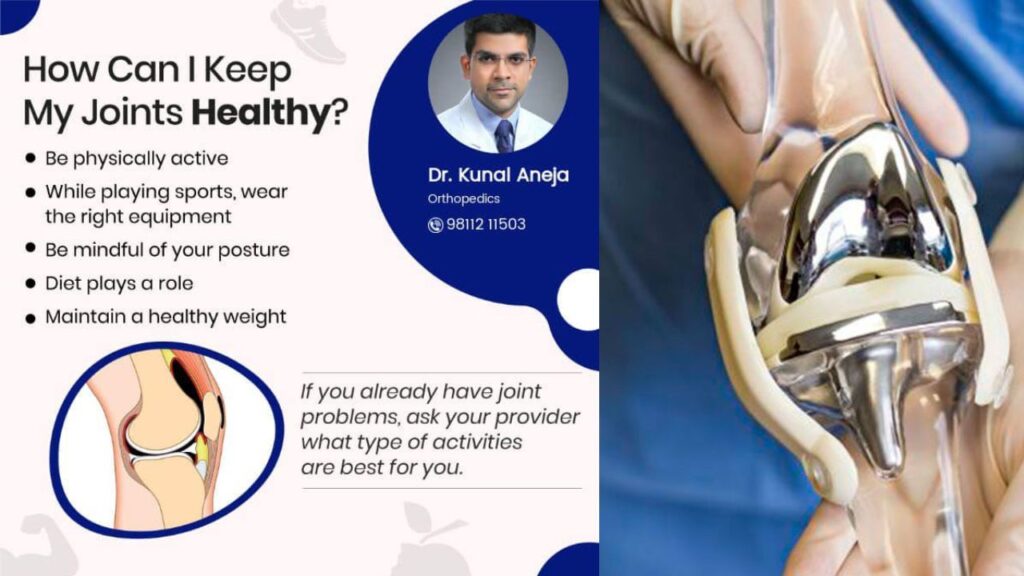
To summarize, an orthopedic doctor is a physician specializing in diagnosing, treating, and preventing injuries and diseases related to the musculoskeletal system. Seeing an orthopedic doctor is important if you are experiencing pain or stiffness in your joints, muscles, or bones, or have a chronic condition that is getting worse. You can expect them to provide you with a range of treatments, from medications to surgery, in order to recover from your injury or condition. If you take steps to prevent orthopedic injuries and conditions, you can reduce your chances of suffering from them in the future and stay healthy for many years to come.

